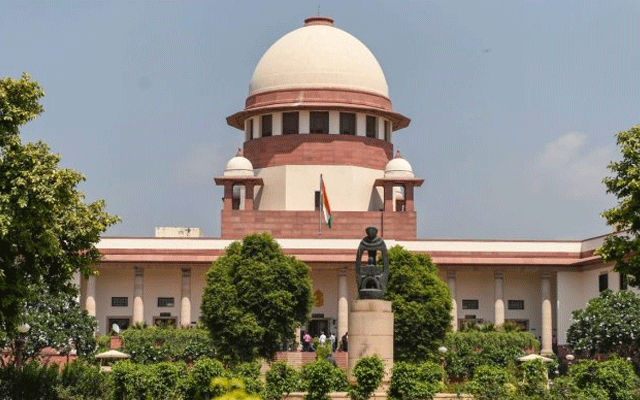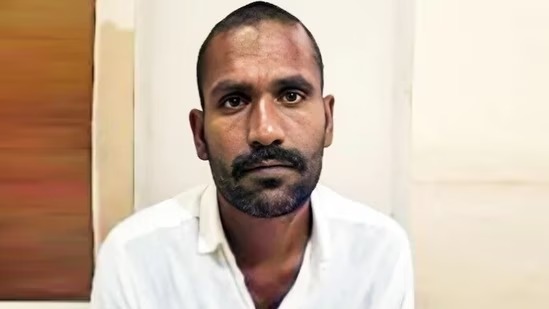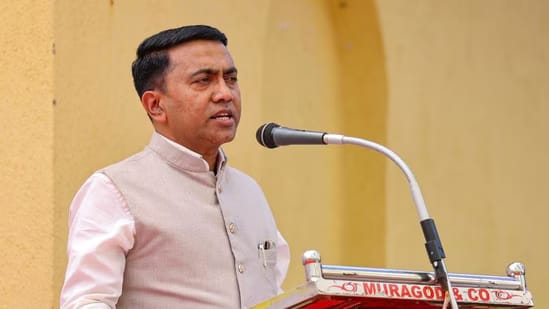New Delhi (PTI): The Supreme Court on Tuesday refused to consider individual cases seeking acceptance of demonetised currency notes of Rs 1,000 and Rs 500 denominations.
A bench comprising BR Gavai and Vikram Nath, however, allowed the individual petitioners to approach the government with a representation.
The top court directed the government to decide the representation and consider the individual grievances, if made, within a period of 12 weeks.
"After the judgement of the constitution bench, we do not find it will be permissible for us to exercise our jurisdiction under Article 142 of the Constitution in individual cases to accept demonetised currency notes," the bench said.
It also clarified that in the event any of the petitioners are not satisfied with the action by the Union of India, they would be at liberty to approach the high court concerned.
In a majority verdict, the top court had upheld the government's 2016 decision to demonetise the currency notes of Rs 1,000 and Rs 500 denominations.
A five-judge Constitution bench had said the Centre's decision-making process could not have been flawed as there was consultation between the Reserve Bank of India (RBI) and the Union government.
The court had said the notification dated November 8, 2016, which announced the decision to scrap the high-value currency notes, cannot be said to be unreasonable and struck down on the ground of decision-making process.
Let the Truth be known. If you read VB and like VB, please be a VB Supporter and Help us deliver the Truth to one and all.
Washington (AP): A district court judge in New York issued a preliminary injunction Friday night stopping the mass cancellation of National Endowment for the Humanities grants to members of the Authors Guild on the grounds that their First Amendment rights were violated.
Judge Colleen McMahon of the US District Court in the Southern District of New York stayed the mass cancellations of grants previously awarded to guild members and ordered that any funds associated with the grants not be reobligated until a trial on the merits of the case is held.
In reaching her decision, the judge said the “defendants terminated the grants based on the recipients' perceived viewpoint, in an effort to drive such views out of the marketplace of ideas. This is most evident by the citation in the Termination Notices to executive orders purporting to combat Radical Indoctrination' and Radical … DEI Programs,' and to further Biological Truth.'”
One of the grants was to a professor writing a book on the reemergence of the Ku Klux Klan in the 1970s and 1980s. On a spreadsheet entitled “Copy of NEH Active Grants,” the government flagged the work as being connected to diversity, equity and inclusion efforts, McMahon wrote.
The judge said several other history projects on the spreadsheet were also canceled in part because of their connection to DEI-related subjects.
“Far be it from this Court to deny the right of the Administration to focus NEH priorities on American history and exceptionalism as the year of our semiquincentennial approaches,” McMahon said. “Such refocusing is ordinarily a matter of agency discretion. But agency discretion does not include discretion to violate the First Amendment. Nor does not give the Government the right to edit history.“
McMahon said some of the grantees lost grants simply because they had received them during the Biden administration.
The Guild filed a class action lawsuit in May against the NEH and the Department of Government Efficiency for terminating grants that had already been appropriated by Congress.
The humanities groups' lawsuit said DOGE brought the core work of the humanities councils “to a screeching halt” this spring when it terminated its grant program.
The lawsuit was among several filed by humanities groups and historical, research and library associations to try to stop funding cuts and the dissolution of federal agencies and organizations.
McMahon noted her injunction is narrowly tailored “to maintain the status quo until we can decide whether Plaintiffs are entitled to ultimate relief. It does nothing more.”
The judge denied a temporary injunction request from the American Council of Learned Societies, as well as several of their claims in the lawsuit. Their case included the American Historical Association and the Modern Language Association.





